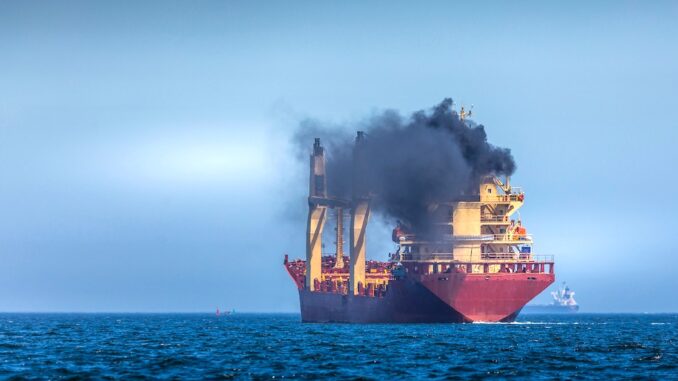
Pierre Aury reflects on MEPC 83 and mankind’s failure to rein in CO2 emissions.
The International Maritime Organization (IMO) just held the 83rd session of its Marine Environment Protection Committee (MEPC). Before we deal with the situation of the shipping industry, emissions-wise, it is useful to revisit the recent history of humans trying – or more accurately failing -to deal with CO2 emissions.
The Kyoto Protocol was signed in 1997. In 1997 the world emitted 24.4bn tons of CO2. Fast forward to 2024 and that number is 39bn, an increase of 60%.
In the meantime, the Paris Agreement was signed in 2015, providing for a level of emissions in 2030 to be at a maximum of 50% of the emissions of 1990. As world emissions in1990 were 20bn tons, the Paris Agreement set a target of maximum 10bn tons of CO2 to be emitted in 2030. World emissions today are just shy of 40bn and will probably reach that number by 2030. This is not missing the target, it’s clearly not even aiming at the target.
The total amount of CO2 in the atmosphere, which is the real problem, is a cool 3,200bn tons. About 16bn tons are evaporating naturally every year so the total amount of CO2 in the atmosphere will keep on increasing until we start to see world emissions consistently below 16bn tons per annum which is just not happening in the foreseeable future. So facing one of the biggest threats they have ever faced, humans have managed to produce what can only be described as an abject failure.
And now on to shipping with the funny part: in that overall picture of global failure, shipping, which is just a derivative of the world economy and world trade and is the ultimate individualistic industry, is behaving like a cult embarking on the path of becoming the first fully decarbonised industry by pricing each ton of CO2 emitted by ships.
There is simply no solution deployable at scale which can produce a carbon neutral, whatever that means, shipping industry within a time frame consistent with preventing global warming turning from a runaway train to a slow-motion train wreck. We will not be able to power any meaningful number of ships with either kites, sails, batteries, biofuel, hydrogen or nuclear fuel quickly enough so, whatever its level and its formula, the new fuel levy will only lead to more expensive freight and not to actual decarbonisation. This extra cost will drive some marginal efficiency improvements, which by the way will probably be offset by the growth of the fleet.
So far the improvements in term of CO2 emissions in shipping have come from more efficient hull shapes, underwater contraptions and more importantly from reducing the power of engines so ships are getting bigger but powered by smaller engines. This is potentially creating safety issues in storms and in ports and difficult waters. This has also triggered a wave of new speed/consumption clauses in charter parties. The owners who have no choice but to order these underpowered ships are trying everything possible to avoid being asked to pay charterers when one of their ships is losing three knots because a crewmember is sneezing in the wrong direction.
Shipping, we believe, will only see its emissions drop dramatically when the world is finally adopting real and efficient steps toward decarbonising itself unless of course, in the meantime, the tariff war started by Donald Trump achieves a rapid decrease in world trade which will translate into a decrease of shipping CO2 emissions.
We give you energy news and help invest in energy projects too, click here to learn more







